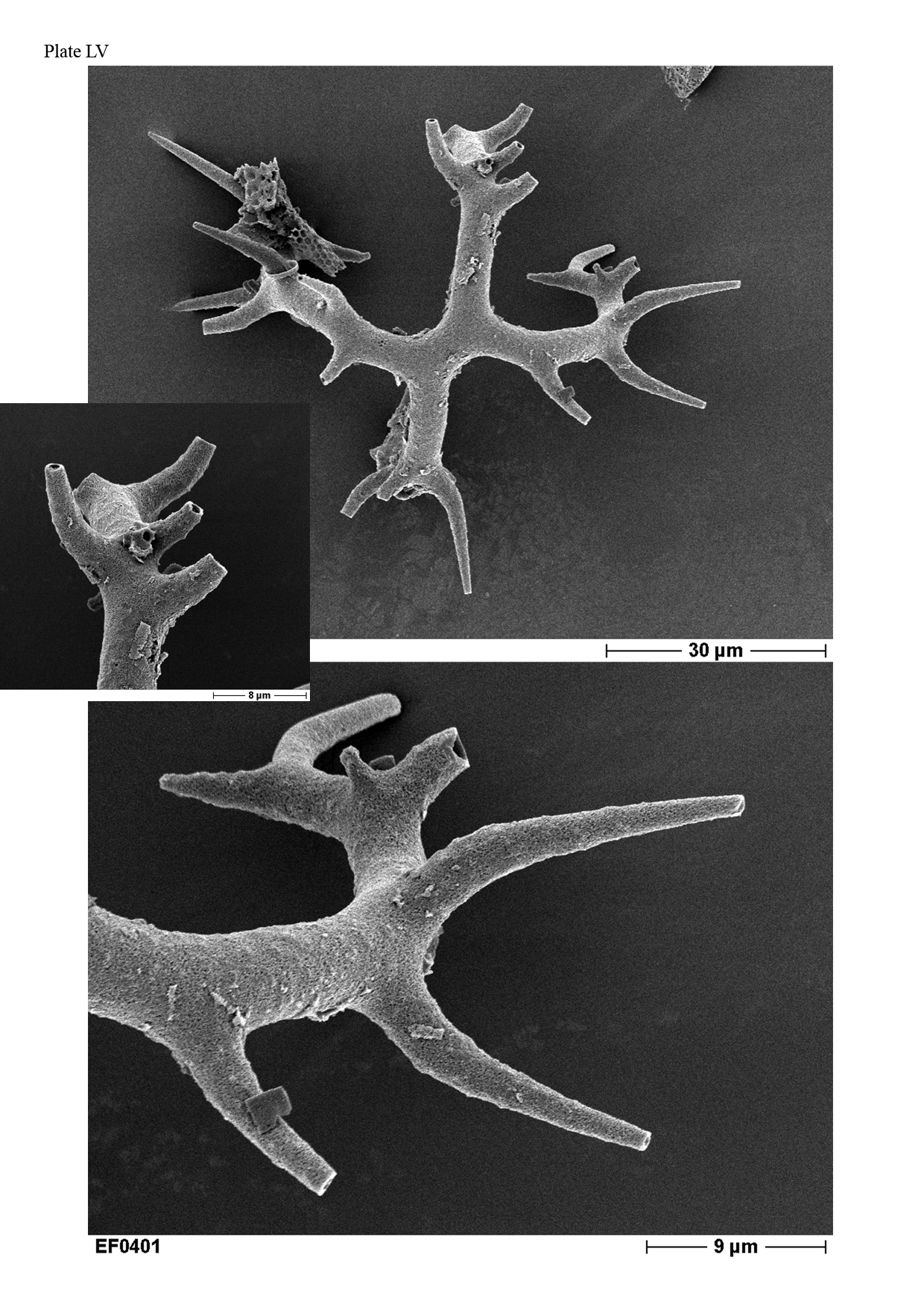Dr. Kevin McCartney, Professor of Geology at the University of Maine at Presque Isle, is undertaking a semester-long research sabbatical in Poland. Dr. McCartney will be working with colleagues at the University of Szczscinski in northeastern Poland. He was one of several teachers participating in a weeklong short course on microfossils two years ago and will be repeating that course in Poland this coming semester. There are hopes that the course will develop into a college textbook.
His trip began on August 27 in Ghent, Belgium, where he is presenting at the 22nd International Diatom Symposium, which has 240 participants from 36 nations. This meeting is held by the International Diatom Society every two years. Dr. McCartney attended the last meeting two years ago in Minnesota. The meeting lasts for a week and includes a day of visits to some of the battlefields of Belgium.
Dr. McCartney’s research specialty is the silicoflagellates. These are a group of marine single-celled plants distinct from the diatoms but possess skeletons of the same composition and size. “The diatomists put up with me surprisingly well, and apparently look forward to my talks,” Dr. McCartney said.
His presentation will be on the early evolution of his group of organisms during the Age of Dinosaurs. Several discoveries made during and since his last sabbatical have provided new insight into the early history of these fossils.
This work will continue when he arrives in Poland in early September. He will be working with colleague Jakub Witkowski and his father Andrzej, both of whom study diatoms. Witkowski and Dr. McCartney have co-authored six peer-reviewed papers in separate international journals in the past two years. Dr. McCartney hopes that the sabbatical work this next semester will result in several more articles.
Dr. McCartney plans work on three major research projects. The first of these is a continuation of the study of dinosaur-age sediments from the remote Arctic islands of northern Canada. Such work in his last sabbatical resulted in the discovery of 18 new species, including one that he named after his university: Umpiocha umpiana. A new suite of sediments are now available, though Dr. McCartney does not encourage expectations of many new species.
Also planned is work on the silicoflagellate reproductive structures that are rarely found in the fossil record. Dr. McCartney has found a few of these in the past several years. They are the topic of his talk in Belgium, and he hopes to find more of these and write a paper on the subject. He also hopes to do some mathematical modeling on silicoflagellate skeletal design in cooperation with a mathematician at Florida State University. As with all such research, one enters the project not knowing the problems and discoveries that might result.
While in Poland, Dr. McCartney anticipates doing talks at his host university as well as a school in Warsaw and perhaps Berlin, which is only a two-hour drive from where he will be working. He also expects to visit some famous fossil-collecting sites along the shores of the Baltic Sea. Warsaw also has an extensive natural history museum that includes many dinosaurs that Polish scientists have collected in the Gobi Desert.
The sabbatical will end shortly before Christmas. It may take two or more years to fully write up and publish the results. Dr. McCartney has been studying Polish with local resident Halina Herzog for several months. This is a fairly difficult language for English speakers and he only knows “ciut-ciut” (a tiny bit) but expects to learn much more while in Poland. He also plans to attend Rotary meetings in Poland to maintain his 100 percent attendance record, and will be communicating with his various colleagues using Skype video software.
Dr. McCartney will maintain a blog during his sabbatical; it can be found at http://wp.umpi.edu/kevinmccartney/.
